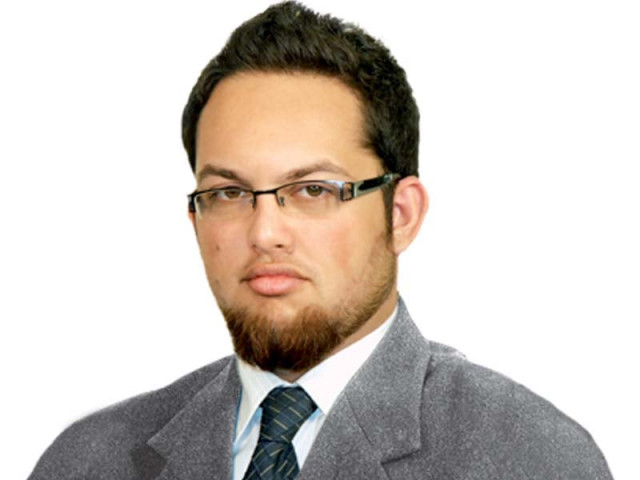Killing the old guard
Fata’s transition must happen with its elders, albeit in a more democratic manner

Fata’s transition must happen with its elders, albeit in a more democratic manner.
Incessant target killings of tribal elders have yet not become a point of concern for the public. And so the discourse does not reflect the urgency that needs to underline the matter. But there is a recurrent pattern within what’s happening.
In the early 2000s the tribal leadership was targeted one by one. These tribal elders are not just elders who have been able to maintain law and order in a particular area. They also uphold a tradition that safeguarded the frontiers from all influences, and they maintain cordial relations on both sides of the border.
Of course, all this depends on what side of history one views them from. The order which guaranteed some sort of stability to a volatile area did not survive. The government appointed some new people to keep the set-up going. More and more people were included into the category of ‘tribal elders’ over the years. However, there is a marked difference between those appointed in the years following 9/11 and those who survived through tradition. A fact usually consciously or subconsciously blurred.
Just in the last year or so, more than 16 tribal elders have been killed in Bajaur Agency alone. Official figures are hard to get and even harder to independently verify. The growing number of deaths of the leadership from the area—despite the relative calm—has been a point of concern. Locals are mostly clueless. What is even more alarming is that more than 14 of these maliks or members of peace committees from Bajaur were targeted in cities like Karachi.
While political parties are developing a consensus over the 22nd amendment to include Fata in the province of Khyber-Pakhtunkhwa’s Provincially Administered Tribal Areas (Pata), target killings are a point of concern. It has to be addressed simultaneously alongside legal reforms.
The security paradigm is not the only looking glass through which Fata should be viewed; closing one’s eyes to ground realities is criminal idealism. It would be the same tribal leadership that represents its people but should come into power in a more democratic way once the bill passes through both the houses of the Parliament. But another question to keep in mind – how will a leadership that inherits fear function?
Published in The Express Tribune, November 4th, 2015.













COMMENTS
Comments are moderated and generally will be posted if they are on-topic and not abusive.
For more information, please see our Comments FAQ